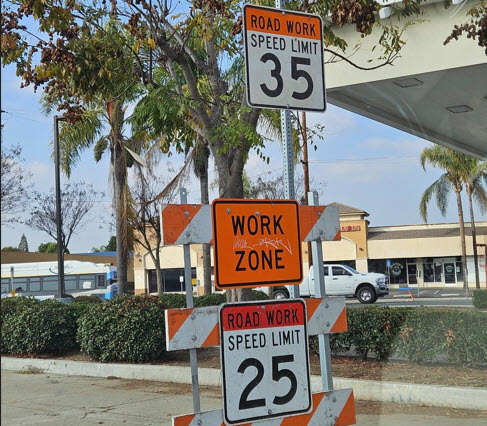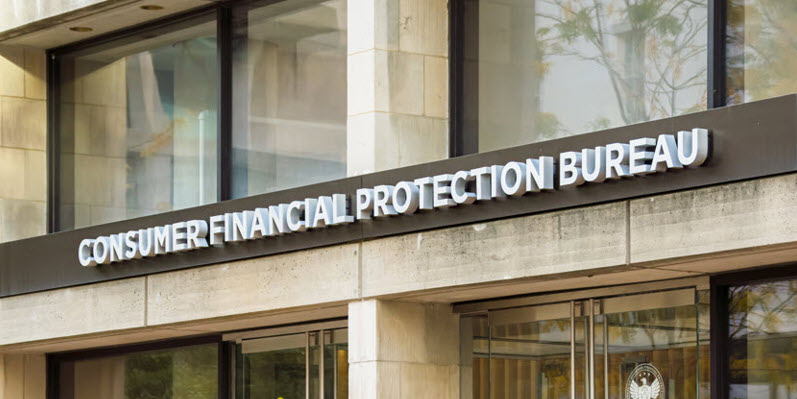In the realm of debt collection, adherence to regulations isn’t just a suggestion—it’s a legal obligation. Recently, Minnesota has adjusted the dates that collection agency’s licenses must be renewed. This change sparked ideas on how to potentially audit your Minnesota collection agencies to adhere to the new adjustment as well as verifying that already implemented laws are being followed. From upholding legal requirements to safeguarding against potential disputes and penalties, we’ll delve into the crucial steps for effective auditing and the significance of compliance in maintaining ethical debt collection standards.
Compliance Demands: Navigating Minnesota’s Precise Debt Collector Renewal Guidelines
Minnesota’s Department of Commerce has laid out strict guidelines for the renewal of debt collector registrations, emphasizing the importance of thorough screening processes. According to these guidelines, renewals must include a comprehensive national criminal history record search, along with county criminal history searches for all counties where the individual has resided within the past year. Timing is crucial too, with screenings required within 60 days before the registration expiration or renewal date. However, there’s a renewal screening exemption for individuals who have undergone an initial background screening within 12 months of their first registration renewal date. Understanding and adhering to these renewal requirements are paramount for debt collectors operating in Minnesota.

To ensure that collection agencies in Minnesota meet legal requirements, auditing practices are essential. Here’s some thoughts on how to conduct such audits and why they are necessary.
Ensuring Compliance: Essential Steps for Auditing Minnesota’s Collection Laws
In today’s dynamic regulatory environment, ensuring compliance with state laws and industry standards is paramount for collection agencies to maintain trust and integrity. In this blog, we will delve into the fundamental procedures required for auditing Minnesota collection agencies, providing you with the insights essential for conducting comprehensive evaluations and encouraging compliance with legal standards.
Study Minnesota Collection Laws: Familiarize yourself with key statutes such as the Minnesota Collection Agency Act (MCAA), the Minnesota Consumer Credit Protection Act (MCCPA), and the Fair Debt Collection Practices Act (FDCPA).
Identify Relevant Regulations: Pay attention to licensing requirements, disclosures, communication guidelines with debtors, and debt collection practices specified within Minnesota laws. Minnesota collection laws expand on the Fair Debt Collection Practices Act (FDCPA) by providing additional regulations and protections at the state level. Here are a few examples of additional collection laws in Minnesota:
- Minnesota Consumer Fraud Act: This act prohibits deceptive practices in consumer transactions, including debt collection. It gives consumers the right to take legal action against debt collectors who engage in fraudulent or deceptive conduct.
- Minnesota Statutes, Chapter 332: This chapter contains provisions specifically related to debt collection practices in Minnesota. It outlines requirements for debt collectors, including licensing, record-keeping, and prohibited practices such as harassment or misrepresentation.
- Minnesota Identity Theft Act: This act addresses identity theft-related issues, including fraudulent debt collection activities that may arise from identity theft. It provides consumers with rights and procedures to address unauthorized debts incurred in their name.
- Minnesota Uniform Deceptive Trade Practices Act (UDTPA): The UDTPA prohibits various unfair and deceptive practices in trade and commerce, including deceptive debt collection practices. It allows consumers to pursue legal remedies against debt collectors who engage in deceptive conduct.
- Minnesota Credit Services Organization Act: This act regulates the activities of credit services organizations, including credit repair companies that offer debt management or credit repair services. It imposes requirements on these organizations and prohibits certain practices that may harm consumers.
These are just a few examples of additional collection laws in Minnesota that complement the protections provided by the FDCPA. These state-specific laws aim to ensure fair and ethical debt collection practices and protect consumers from abusive or deceptive behavior by debt collectors. It’s essential for both consumers and debt collectors operating in Minnesota to be aware of and comply with these state laws in addition to federal regulations like the FDCPA.
Compliance Monitoring: To audit to Minnesota collection laws, verify that the policy and procedures as well as training provided to collectors and other collection staff adhere to both federal and state laws. Implement systems for ongoing monitoring and compliance to promptly address any issues. Here are some specifics:
- Review Policy and Procedures: Begin the auditing process by thoroughly reviewing the existing policy and procedures manual governing collections activities within your organization. Ensure that these documents align with both federal laws such as the Fair Debt Collection Practices Act (FDCPA) and state-specific regulations, including those outlined in Minnesota statutes pertaining to debt collection.
- Training and Education: Verify that all collectors and relevant staff members receive comprehensive training on Minnesota collection laws in addition to federal regulations. Training should cover key aspects such as permissible collection practices, prohibited behaviors, and consumer rights under state law. Regular refresher courses should be implemented to keep staff updated on any legislative changes.
- Compliance Monitoring Systems: Implement robust systems for ongoing monitoring and compliance to promptly identify and address any deviations from established policies and procedures. Utilize technology solutions where applicable to automate monitoring processes, such as call recording and review systems to ensure compliance with communication guidelines.
- Regular Audits and Assessments: Conduct regular audits of collection activities, focusing on adherence to both federal and state laws. These audits should encompass various aspects, including communication practices, documentation accuracy, and treatment of consumers. These audits can be remote or onsite. Consider some monthly audit areas, some quarterly activities, and an annual assessment. Assign qualified personnel or third-party auditors to perform comprehensive assessments and identify areas for improvement.
- Remediation and Corrective Actions: Develop protocols for addressing compliance issues promptly and effectively. In the event of non-compliance or violations, take immediate corrective actions, which may include retraining staff, updating policies and procedures, updating audits and controls, or implementing disciplinary measures as appropriate. Document all remediation efforts and follow up to ensure that corrective actions are effective.
- Stay Informed and Evolve: Stay up to date of changes in Minnesota collection laws and regulations, as well as industry best practices. Maintain open lines of communication with regulatory agencies and industry associations to stay informed about emerging issues and guidance. Continuously evaluate and adapt compliance programs to mitigate risks and uphold ethical standards in debt collection practices.
- Legal Guidance:: Seek legal advice from attorneys specializing in debt collection laws if you have concerns about compliance. Legal guidance can help address any uncertainties and ensure adherence to regulations.
Auditing Minnesota collection laws and ensuring compliance requires a proactive and systematic approach that encompasses policy review, staff training, monitoring systems, regular assessments, documentation practices, remediation protocols, and ongoing adaptation to regulatory changes. By prioritizing compliance, organizations can uphold consumer rights, maintain trust, and mitigate legal and reputational risks associated with debt collection activities.
Blog Article Author: Jennifer Evancic-Greenawalt
LinkedIn: Jennifer Evancic-Greenawalt

For more information about this class, see Third Party Vendor Audit Workshop
For other Resources, try our Regulatory and Legislative Quick Links

Join us at our Third Party Vendor Auditing Workshop, taught by industry leaders, Bev Evancic and Ken Evancic.





